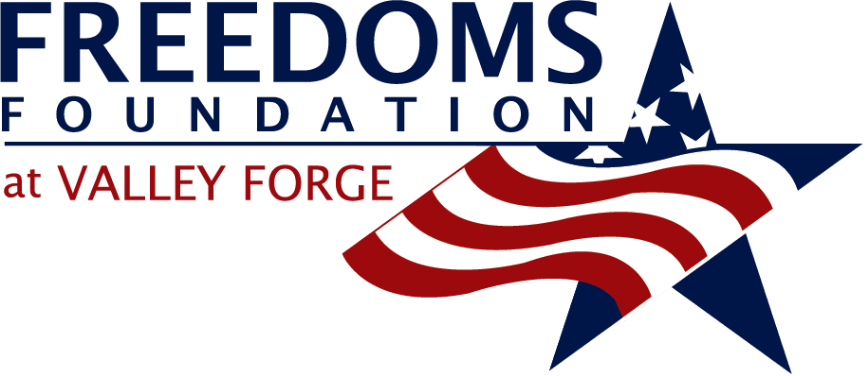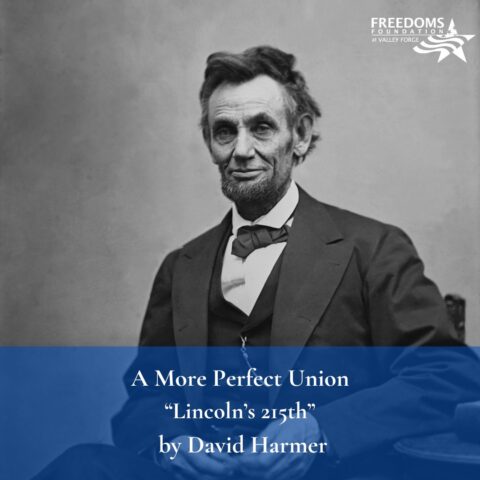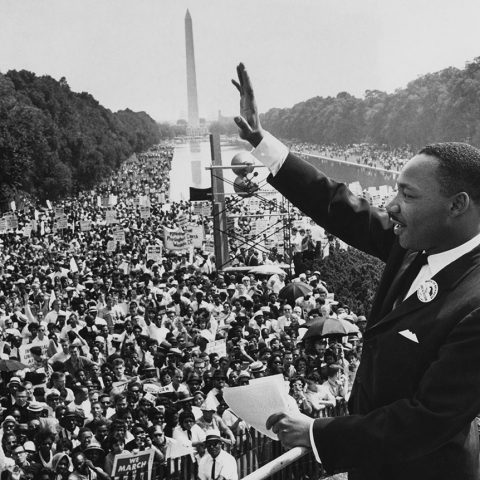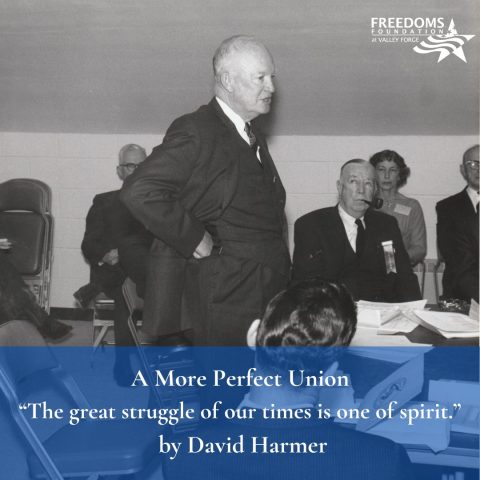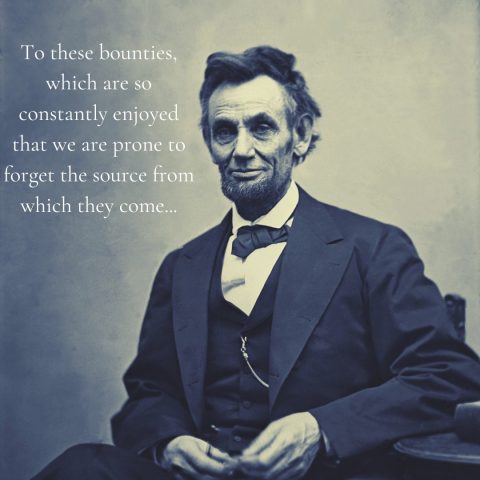Don’t know much about history…

By David Harmer
“If a nation expects to be ignorant & free,” warned Thomas Jefferson, “it expects what never was & never will be.”
Jefferson would be horrified by the latest results from the National Assessment of Educational Progress (NAEP). For over half a century NAEP has served as the nation’s report card, providing objective, nationwide data on student performance in subjects including math, science, reading, writing, economics, geography, civics, and U.S. history. The 2022 civics assessment measured eighth-graders’ knowledge of democratic citizenship, government, and American constitutional democracy. Student performance is categorized as Advanced, Proficient, Basic, or below. How’d they do?
- Advanced: 2%
- Proficient: 20%
- Basic: 48%
- Below basic: 31%
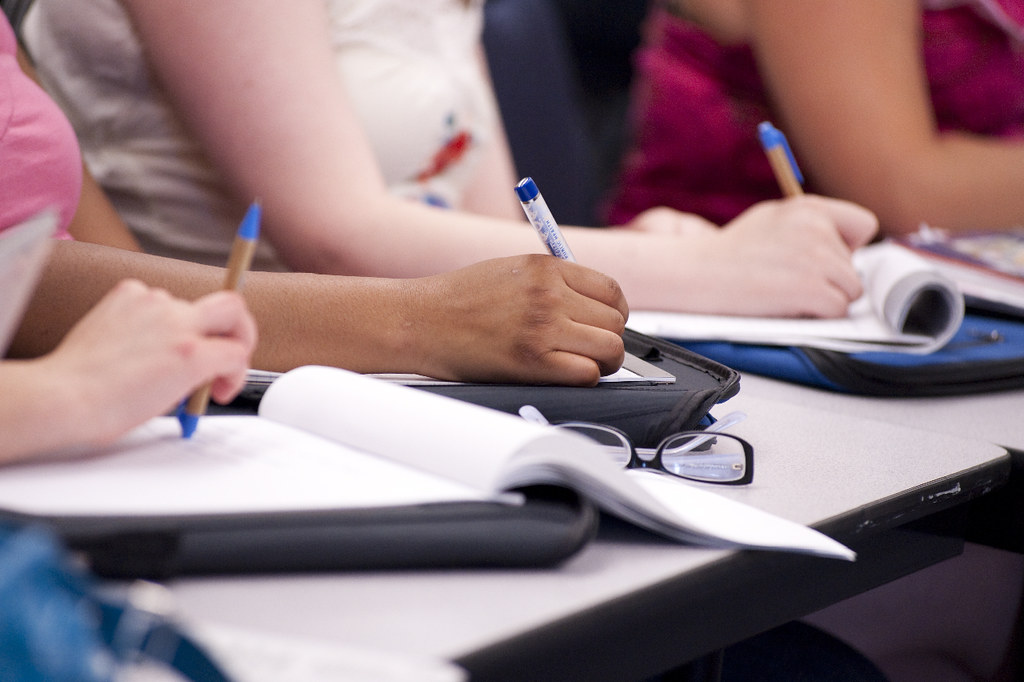
Nearly half the students had only a basic understanding of civics, and nearly a third lacked even that—not surprising, as fewer than half the students tested had taken a class focused mainly on civics or U.S. government! Overall scores are down since the previous assessment (2018) and show no improvement since the first assessment (1998).
So much for civics. In U.S. history, the news is even worse:
- Advanced: 1%
- Proficient: 13%
- Basic: 46%
- Below basic: 40%
Nearly half the students had only a basic understanding of U.S. history, and another 40% lacked even that! Overall scores are down since the previous assessment (2018) and show no improvement since the first assessment (1994). Of all subjects tested, history had the lowest percentage of students demonstrating proficiency; civics was second lowest. (For comparison, 26% were proficient in math, and 31% in reading.)
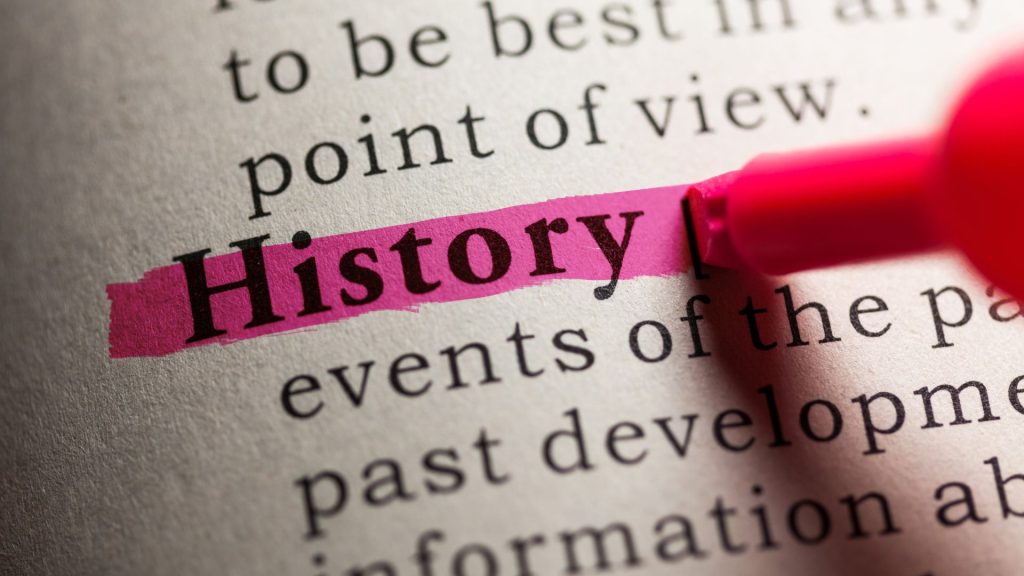
Why does this matter? According to the National Center for Education Statistics (NCES), which administers NAEP, higher-performing students in history are far more likely to be able to “judge whether information from a source is accurate,” “compare and evaluate different points of view about the past,” and “understand the relationship between two historical events”; and higher-performing students in civics are far more likely to be able to explain why it’s important to pay attention to and participate in the political process. More fundamentally, writes Robert Maranto (who holds the 21st-Century chair in leadership at the Department of Education Reform at the University of Arkansas):
The bad scores are good news for those who seek to undermine our democratic processes, such as those who did so on January 6, 2021, or during 2020’s deadly George Floyd riots — in both situations, people used violence rather than their First Amendment rights, which they likely hardly understand. American historical illiteracy is even better news for authoritarian leaders, such as those of China, Iran, and Russia (the latter being a former KGB colonel — not that students would know why that matters), who are in long-term competition with the United States. Increasingly, young people don’t even understand what U.S. democracy is, so they are ill-prepared to defend it against threats foreign and domestic. . . .
The view that public schools should teach our unique history is, or at least should be, wholly bipartisan. As the Founders argued in proposing public education: To keep our republic, we must first teach it.
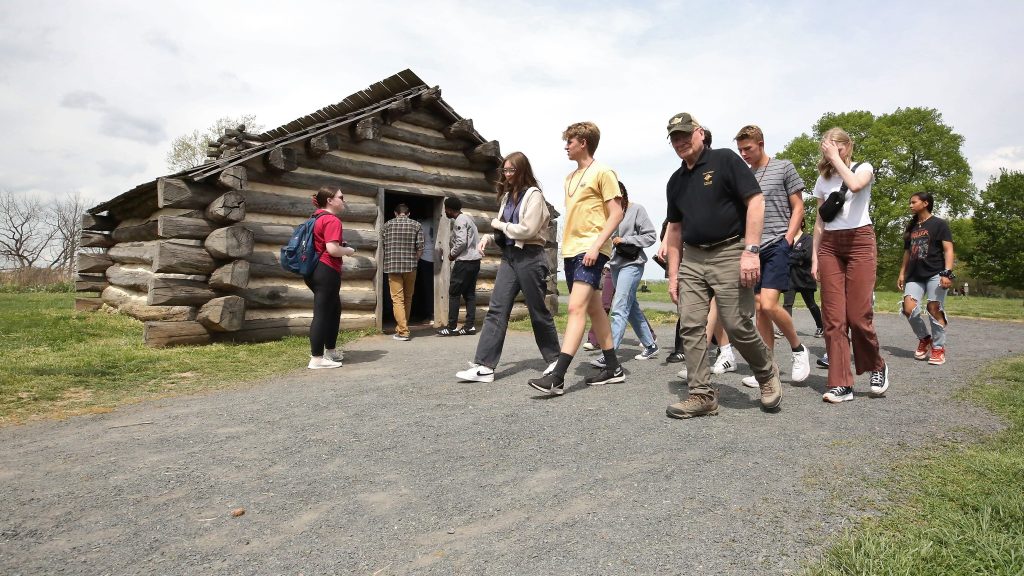
That’s exactly what Freedoms Foundation at Valley Forge does. We bring students from around the nation to Valley Forge, crucible of the American Revolution for immersive, intensive, four-day programs in the history, ideals, and continuing relevance of the American founding. Students emerge not merely informed, but transformed, equipped and inspired to do their part to preserve and perpetuate the great American experiment. Here are two recent participants reporting on their own transformation:
“I cannot begin to describe how much I enjoyed this experience. Learning about different aspects of the Constitution and government was an experience I wish everyone could share. We took a [knowledge] test at the beginning and end of the program, and my score improved greatly. I enrolled in the public speaking committee, which also helped me to break out of my shell. This experience will have a lasting impact on me in and out of the classroom.” —Michael
“I knew our country’s history was interesting, but this trip gave me a new appreciation for every founding father, veteran, and unspoken name in our history. I feel powerful enough to make changes in my community and brave enough to try.” —Alexis
Advance registrations are running strong, but our acclaimed Spirit of America Youth Leadership programs still have openings for additional students on the following dates:
- July 13-16
- October 19-22
- October 26-29
If you’re a student, come! If you’re an adult, find a student to recruit and sponsor. And if you’re a teacher, we have fantastic programs for you, too.
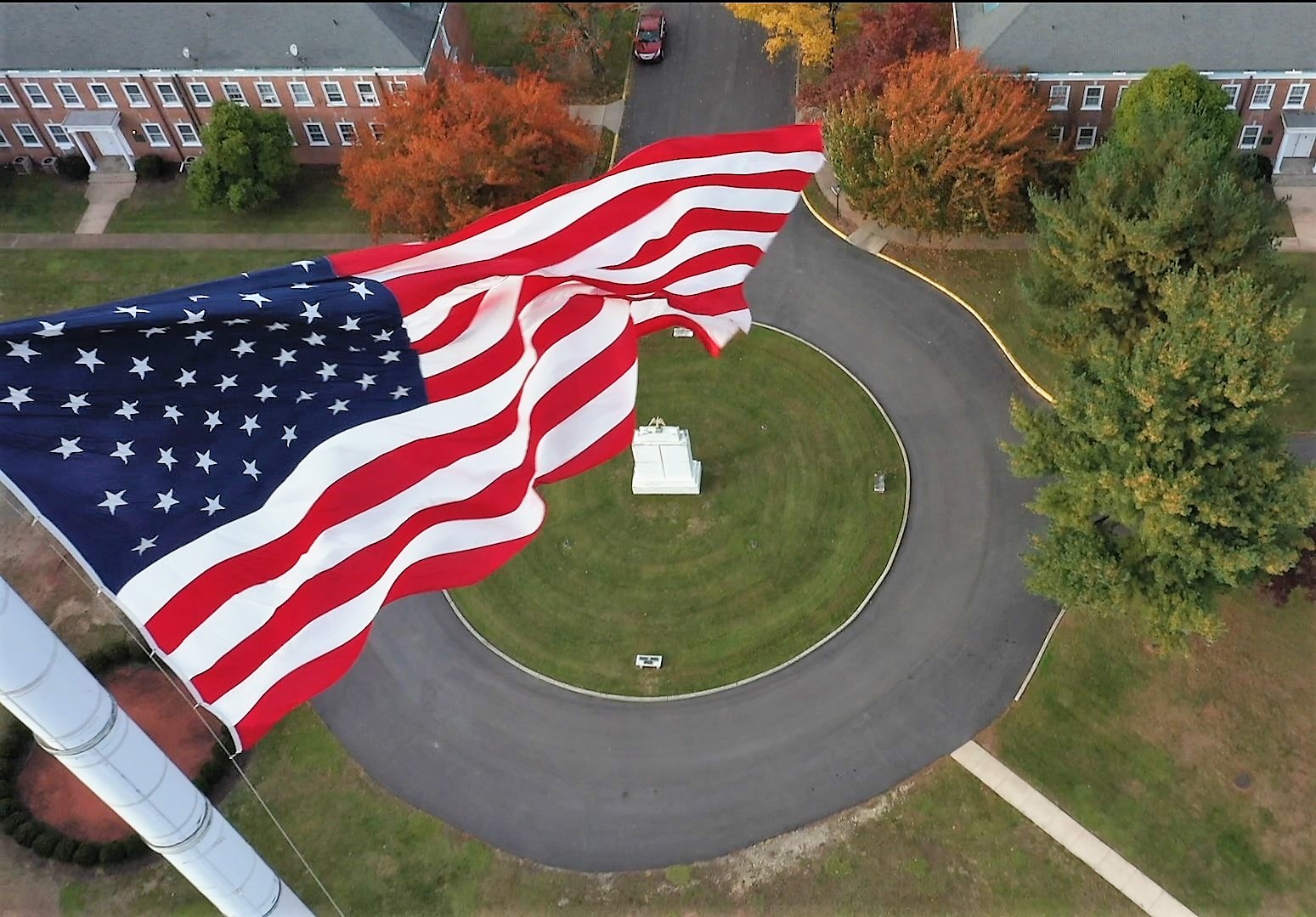
Donate Today
Supporting America’s first principles of freedom is essential to ensure future generations understand and cherish the blessings of liberty. With your donation, we will reach even more young people with the truth of America’s unique past, its promising future, and the liberty for which it stands. Help us prepare the next generation of leaders.
